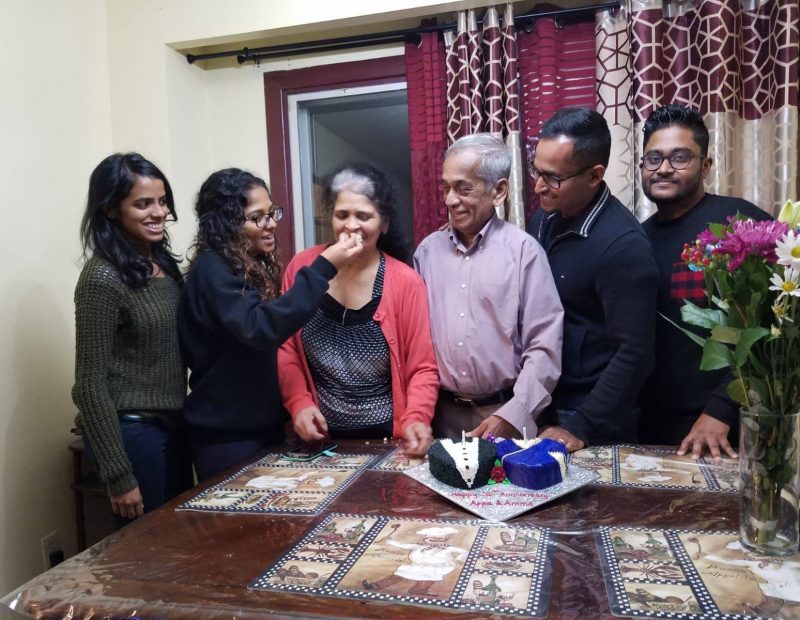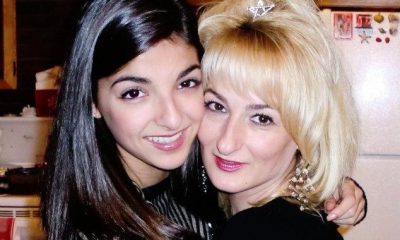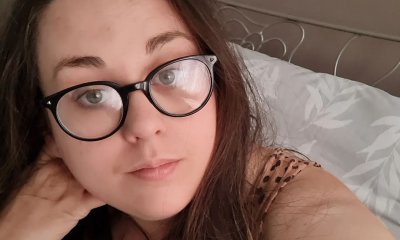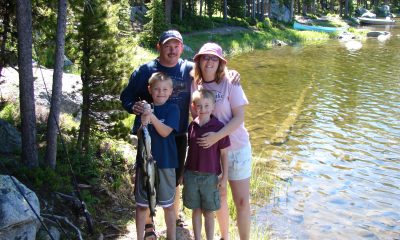by Visnupreya Chandrarajah
Death and dying are natural processes of the human experience. In my opinion, the only thing unnatural is that more often than not, those subjects are commonly swept under the rug because it’s uncomfortable. We push the gut-wrenching topics away while we carry on in our hurried routine-packed daily lives. That is why I’d like to thank Grappling with Grief for starting a beautiful initiative that brings to light what most perceive as dark and heavy topics.
My personal experience with grief is the loss of my mom. It didn’t just begin when I found my mom’s lifeless body in our family living room on December 18, 2018. The process of grieving began four years before that with the stark realization of her diagnosis.
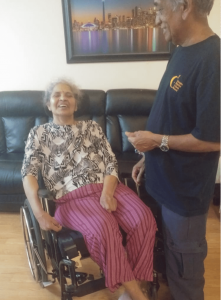 In August of 2014, my mom was 58 when she entertained a series of tests before the neurologist delivered the news that would alter the course of our lives. My family was told that my mom had Parkinson’s Disease. The neurologist handed a paper to us to take home to learn more about the condition. I remember that day vividly. I was holding onto the paper with my sweaty palms, and it read: Corticobasal Degeneration (CBD), which was a rare neurological disorder that deteriorates with time. Rare isn’t a hopeful term as far as diagnoses go. I desperately called the secretary, and I hoped that she gave us the wrong letter, but to my dismay, it was the correct diagnosis.
In August of 2014, my mom was 58 when she entertained a series of tests before the neurologist delivered the news that would alter the course of our lives. My family was told that my mom had Parkinson’s Disease. The neurologist handed a paper to us to take home to learn more about the condition. I remember that day vividly. I was holding onto the paper with my sweaty palms, and it read: Corticobasal Degeneration (CBD), which was a rare neurological disorder that deteriorates with time. Rare isn’t a hopeful term as far as diagnoses go. I desperately called the secretary, and I hoped that she gave us the wrong letter, but to my dismay, it was the correct diagnosis.
I later found out that CBD was a form of Parkinson’s, but it was an aggressive type. No amount of Googling prepared me for what lied ahead. At the age that marks adulthood, 18, I was thrust into the adult responsibilities of caregiving. You see, I was taught to learn how to keep my eyes open during an under-stimulating math class. As for my ability to cope with my feelings, no one teaches you how to deal with your emotions.
My point is that grief began at the onset of the disease because I started to rapidly lose my mom to an illness that I had no control over. With each passing day, she was losing parts of her autonomy that wouldn’t return. She experienced the limitations of her body. It started with pain in her right hand, which made it hard for her to get dressed and take care of her hygiene. Then, she was struggling with her memory and walking. She eventually became bound to a wheelchair and then later bedridden. Those physical challenges took an emotional toll as well.
Despite these challenges, sometimes, during moments of suffering and grief, you experience meaning. Grieving the loss of a loved one taught me three of the most important lessons I couldn’t learn in a classroom. The first one is that life is suffering. Don’t ever run from it or try to suppress your pain. Feel it and allow that to fuel your connection with others.
The second one was that death doesn’t negate the meaning of life. It puts your values into perspective. Sometimes we live our lives obsessing over the trivial and dismissing the moments that truly do matter. Death has a way of reorganizing our priorities by showing us the scarcity of time.
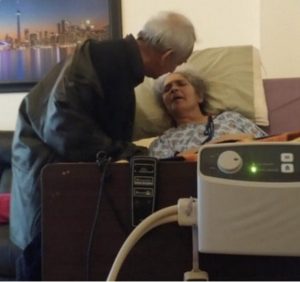
The last one was the importance of unconditional love. I witnessed my dad love my mom in acts of service. Even when my mom could barely move the muscles on her face, her face still lit up seeing my dad. My dad would go to see my mom even before he took his coat off. They taught me, through their actions, that love isn’t in the romantic highs, but the presence of genuine love is felt in the lows. It consists of early morning doctor visits and cleaning up bodily fluids. If you look closely, you see love in the mess and chaos.
I cherish these lessons, and I felt tremendous solace knowing that she was close by our side till the very end. We cut my brother’s birthday cake a week early because we wanted her to be there, and we didn’t know how much time we had left. To our bittersweet surprise, that was the last night we all spent together. It was a beautiful closure.
Her closure paved the way for my itch to make a small difference in my way. On a whim, I joined Hospice Toronto during the last few months of my mom’s life. I trained to be a volunteer and provide emotional support for people who were experiencing life-limiting conditions. I provided companionship and emotional support to a client who happily invited me into his life. It was a few hours of my week, but it cheered up his day. Sometimes the best way to soothe your pain is to open yourself up to the pain of others.
Everyone has a different label attached to the loss of a loved one, but we are united in our suffering and grief. It is compassion that comforts us in times of despair.
For more information on Visnupreya Chandrarajah, check out her website.
Support us by driving awareness!
Subscribe to our YouTube channel at YouTube.com/GrapGrief.
Follow us on Facebook at Facebook.com/GrapGrief and on Instagram at Instagram.com/GrapGrief.




